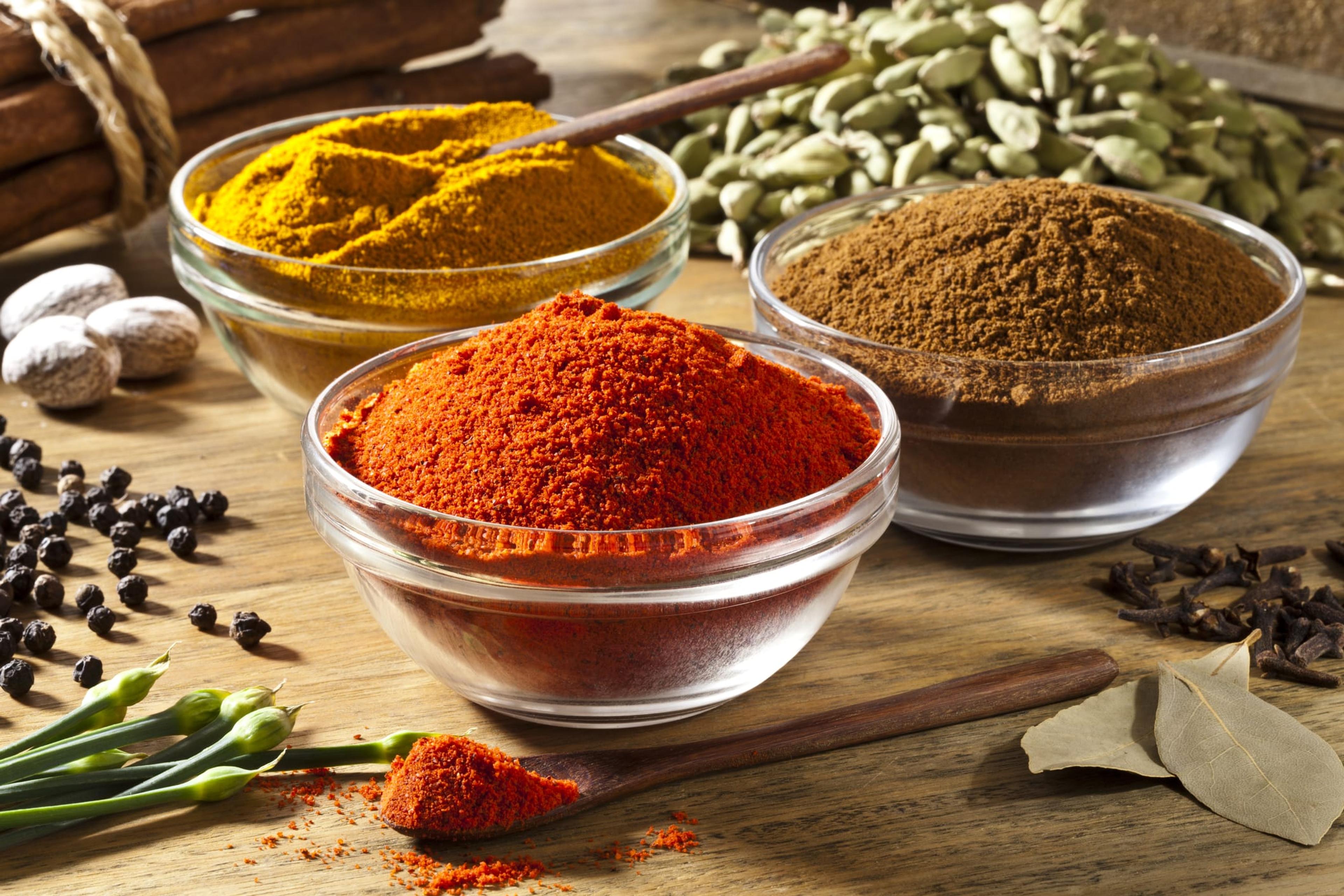
Herbs and spices are a healthier alternative to most seasonings. They can be bought in bulk or grown in your own backyard. They're naturally delicious and provide many internal and external benefits. “Herbs and spices, using them allows you to add flavor without [the] extra,” said Grace Derocha, registered dietitian, certified diabetes educator, and health coach at Blue Cross Blue Shield of Michigan. “Whether it be extra salt, extra fats, extra calories, or extra sugar … oftentimes, fat, sugar, and salt are used for flavor, but you could get that in something so much better.” Herbs and spices have become synonymous with one another. Most people don’t know the specific differences between the two. “Herbs tend to grow in gardens and on farms, and you tend to use them pretty quickly,” explained Kristin Podolinski, culinary expert. “Spices are more seeds and bark of different plants that can be dried and ground for future use.” One can stock up on herbs and spices at their local grocery store. These are usually dried versions often left in a cabinet for months or even years. Unfortunately, this can have a negative effect on their flavor and overall potency. Like all food items, herbs and spices have a natural shelf-life. Therefore, it’s important to note expiration dates and check their condition every six months. On the latest episode of the A Healthier Michigan Podcast, hosted by Chuck Gaidica, he, Derocha and Podolinski discuss why herbs and spices are a worthy addition to any diet. [podcast_player] Herbs and spices can offer more than just flavor. Depending on what you’re using, they provide a noticeable increase in vitamins, minerals, fiber, and antioxidants. They also have immune-boosting properties and promote digestion and gut health. When used as a replacement for traditional seasonings, such as salt, one can reduce the risk of chronic health conditions like hypertension and type 2 diabetes. The average American consumes about 3,500 to 3,600 milligrams of sodium per day. The recommended amount is 2,300 milligrams, which is about a teaspoon of table salt. With herbs and spices, it’s easier to stay within those guidelines without sacrificing taste. For many, healthy living has become a priority. People are making better, more informed food choices and companies have noticed. The inclusion of herbs and spices is being used to market products that aren’t as good as they seem. “I call it green-washing,” said Derocha. “You will see something that says, ‘This energy bar has turmeric’ and then they try it and it doesn't taste so good because those two things probably don't really go together.” The key is to choose products that complement one another. For example: Herbs and spices go great with soups and stews. They’re also essential ingredients in salad dressings and vinaigrette toppings. There's more than one way to liven up a menu. If you enjoyed this post, check these out:
Photo credit: fcafotodigital





